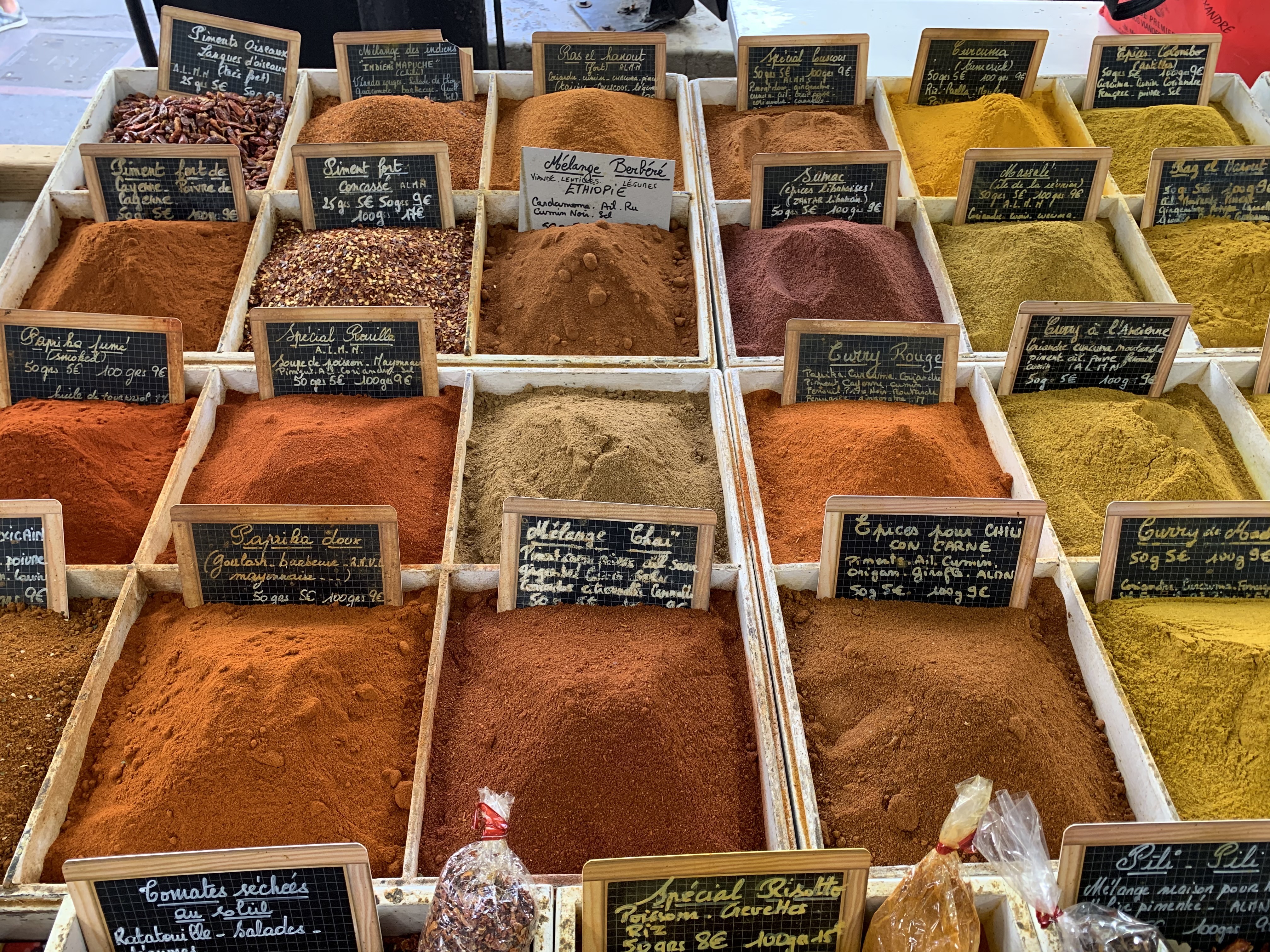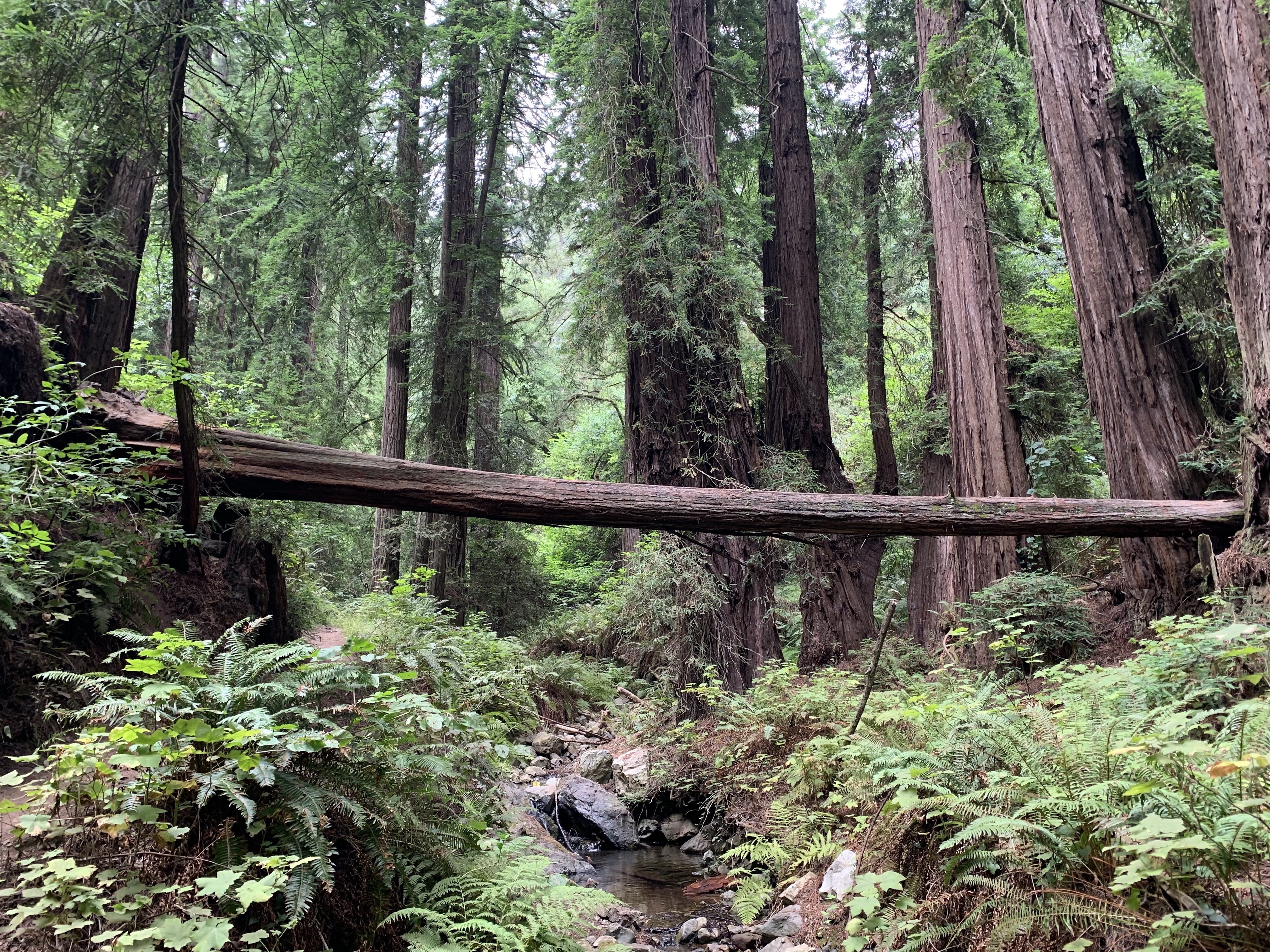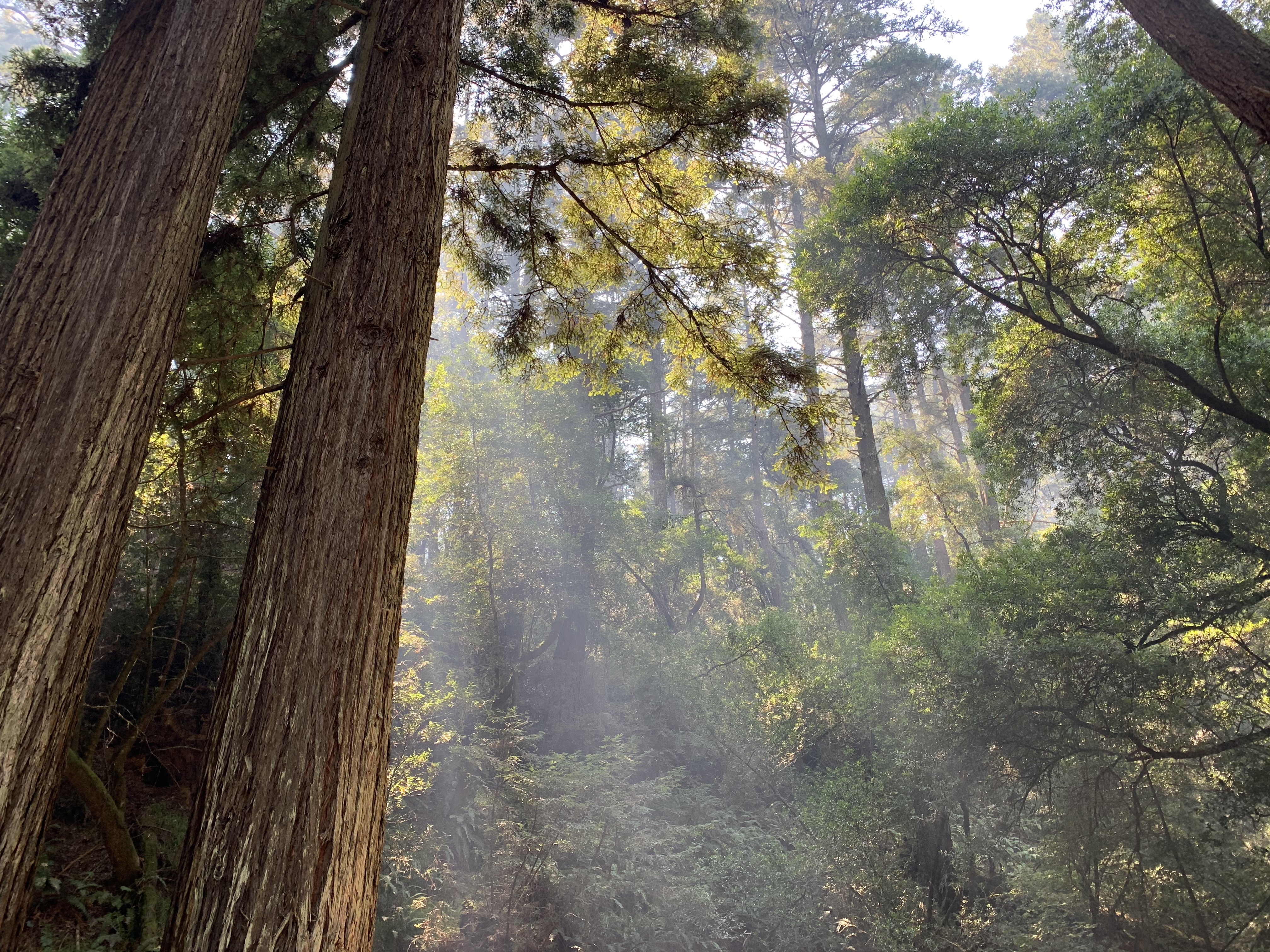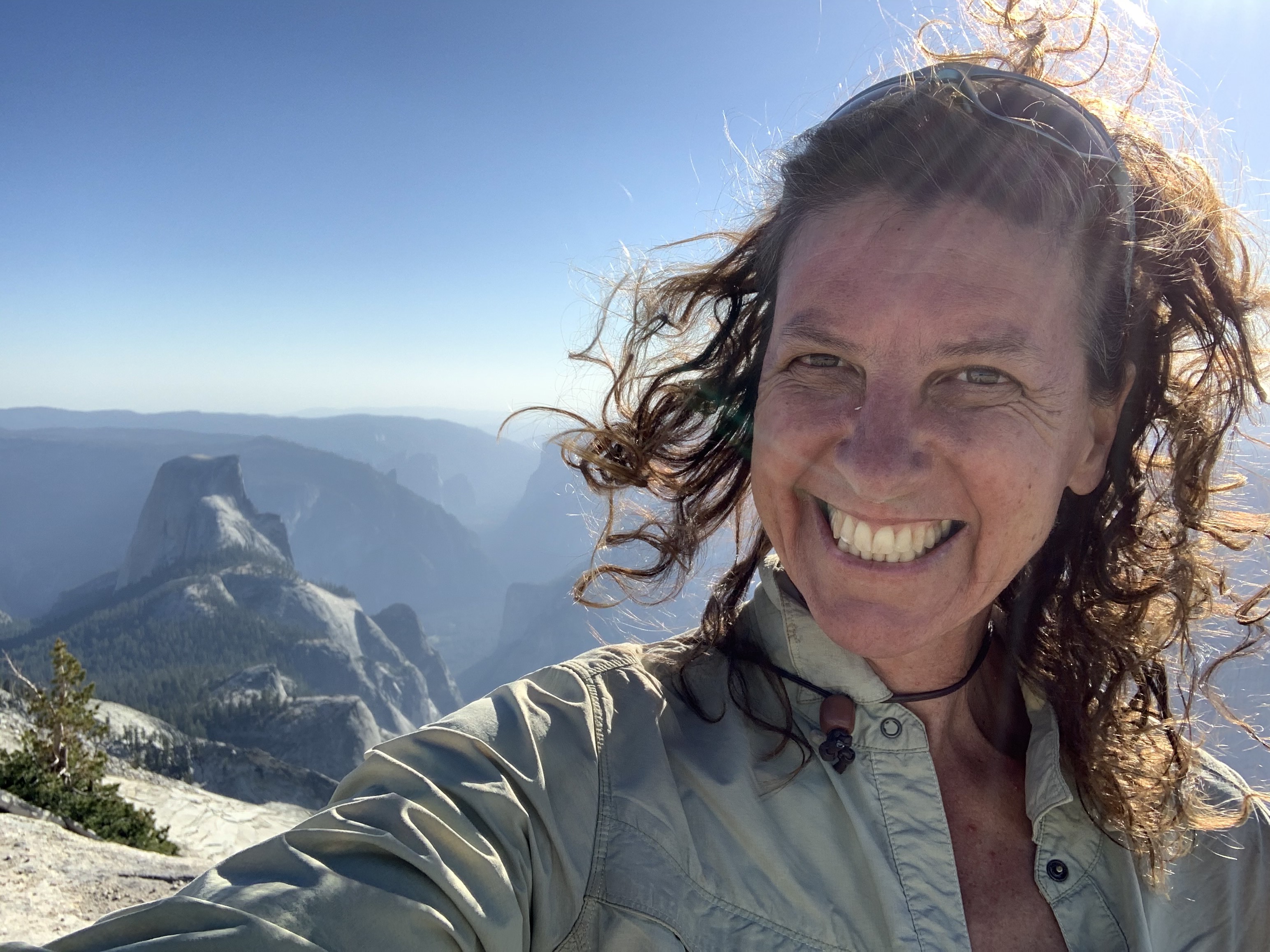Eikos (Oikos) — our home has no value. Earth systems that support the biosphere and the 8.7 million (known) species, comprising the biodiversity of life inhabiting the biosphere has no price tag. The biosphere is priceless and should not be priced less. Since 1970, we have contributed to the extinction of 68% of wildlife on the planet. (WWF Living Planet Report 2020) This rate of biodiversity loss must be reversed if we are to survive as a healthy global species. COVID-19 has taught us that our health is tied to our planet’s health. And, our planet is healthy when we return at least 30% of the land-sea earth surface back to wild nature and recover diminishing populations of threatened and endangered species. (Campaign for Nature 2020) Without a dynamic, symbiotic biological system there is no ecology to study or economy to manage. This COVID-19 pandemic shock to our human-nature ecosystem has thankfully forced us to wake up as a global society to the reality that all of life is truly inter-connected and that the economy of our human world is embedded within and dependent upon the ecology of a viable biosphere. This is not just a biophysical, evolutionary scientific fact; it’s an economic reality, as well. Nearly half of the world’s GDP (gross domestic product) — equivalent to $44 trillion USD, relies directly on natural resources and natural services, and the rest of the economy relies on nature, indirectly. (WEF Nature series 2020) Forests are home to 350 million people, while 60 million Indigenous Peoples rely on the forests for their livelihood. Oceans are the largest source of protein for 3 billion people. Marine fisheries employ 200 million people and the fisheries industry accounts for 5% of global GDP ($3 trillion USD). (FAO 2020) Global economic development, world trade, and human activity are literally fueled by nature. Without nature there is no economic exchange; there is no business; there is no employment; there is literally no life. Our health, wellbeing, and existence are bound to the health of the biosphere and the dynamism of earth systems within a very specific, narrow range of variables that support life. Human health equals planetary health equals also socioeconomic health.

“There are no new economic opportunities or jobs on a dead planet; yet we treat nature like we are in the casino on the Titanic, after hitting the iceberg.” Enrique Sala (NIW, WEF 2019)
Thus, any meaningful narrative about the future of business and nature must begin with a non-negotiable condition on human activity within known planetary boundaries that ensures the highest probability of sustaining natural resources and nature’s services for the seventh generation future. This is what it means to live within our ecological means, to pay down our current nature debt (Global Footprint Network), to follow the Indigenous Peoples’ principles of equitable trade and reciprocity (Nia Tero), to subscribe to the tenets of a bio-economy (Prince of Wales & Klaus Schwab, Global Reset 2020), and to follow donut economics (Kate Rayworth), which also includes societal concerns on equity and justice. This is what it means to re-imagine GDP with ESG (environment, society, good governance criteria) and emotional intelligence. This is what it means to become more inclusive of human and nature capital in the criteria we deem valuable in determining the strength of nations and the strength of our global economy.
Smart humans (Homo sapiens) — shrewd investors in our future, would naturally intelligently ensure that nature’s bank is always full of capital. Smart humans would protect our future assets (borrowed from our children) by only drawing down on nature’s interest in support of life’s perpetual interest in a re-balanced carbon neutral world. In every transaction, smart humans would always include a fixed percent of the cost of doing good business to building a continuously richer base of principal capital. The good news is that nature-backed funds and smart ESG-driven investments that follow nature’s principles are performing better and reporting higher returns during this COVID-19 crisis, proving to us that investment in nature’s return is the smart human way forward to build climate resilience and to ensure our nature bank account shifts back green. Clearly, there is now proof and precedence that a good ecological investment is a good economic investment. Thus, smart businesses today are re-imagining their plans, strategies, capital commitments, and workforce — innovating at the root with agility, inclusivity, and building back better, circular, and sustainable. There is now proof and precedence that good business is good business.

Finally, the greatest latest news is that this week during the UN General Assembly over 70 countries made a Leaders Pledge for Nature and People to protect 30% of the natural world by 2030 (#30×30) to both ensure a healthy economy and a biologically diverse ecology. It is impossible to continue business-as-usual in these unusual times. And the good news is that this Global Reset gives us the opportunity to build back cleaner, greener, net zero waste-carbon, nature-positive businesses, supply chains, cities, and global markets. Not only are we morally obliged as stewards of the biosphere to protect the nearly 1 million species whose lives are now at risk if we return after COVID-19 to an industrial growth paradigm(IPEBS Global Assessment Report 2020); but now over 100 scientists and economists have calculated that the global economy becomes more resilient by protecting at least 30% of the world’s land and ocean ecosystems with a benefit/cost ratio of 5 to 1. (Nature Finance Forum, Nature for Life, 2020) This additional protection of the biosphere is estimated to lead to an average of $250 billion increase in economic input and $350 billion in improved ecosystem services. (Protecting 30% of the Planet for Nature, July2020) Further, it’s estimated that nature-positive business opportunities are worth $10 trillion USD in cost savings and economic benefits, and could be responsible for 395 million new jobs by 2030. (The Future of Nature and Business, WEF 2020) And, many of these nature-positive business opportunities are largely also decarbonizing activities (e.g. recovering marshlands, planting forests, regenerating peat lands), so have an added benefit of offsetting our global carbon pollution and reducing the increasing threats of climate crises. Thus, there is now proof and precedence that a healthy planet equates to a healthy economy. Both are mutually inclusive.

Dedication to the 1 Trillion Trees Project
There are a little over 3 trillion trees on the planet. That’s about 400/person; but as I said earlier, its 50% less than we had before cities. How can we biodivert cities and return nature to the heart of our human civilization? What can we do to bring nature back to you? And, the first super-simple, super-easy, super-techno thing you can do is to shift your search engine from Google to Ecosia. Ecosia converts your clicks into virtual coin that they invest in forest restoration and tree planting. Check it out. They just launched and are on their way to planting now 90 million trees. (seems 1/second) Visit One Trillion Trees project
Dedication to the guardians of the forest, Nia Tero
We are all native to planet earth; and yet Indigenous Peoples are the guardians of our vital ecosystems. They embody nature’s wisdom in their rich cultures, intergenerational communities, and earth connections. They can show us how to recover our Human+Nature health and how to well celebrate our sustainable home. Visit Nia Tero

Dr. Catherine Cunningham, PhD, Natural Intelligence Media is committed to awakening Natural Intelligence in the World. She produces multimedia content — books, films, interactive media, and podcasts with her creative companions that aim to inspire everyone, everywhere to live a happy, healthy, naturally intelligent life.
Visit our Natural Intelligence Website HERE.
Listen to my Naturally Intelligent by Design Podcast, featuring strategies from animals in our world to adapt to disruptive environmental change. HERE
Listen to our Natural Intelligence Worldwide Podcast HERE.


